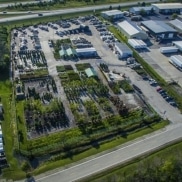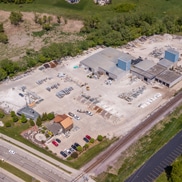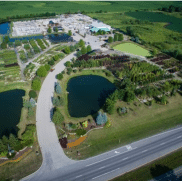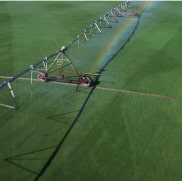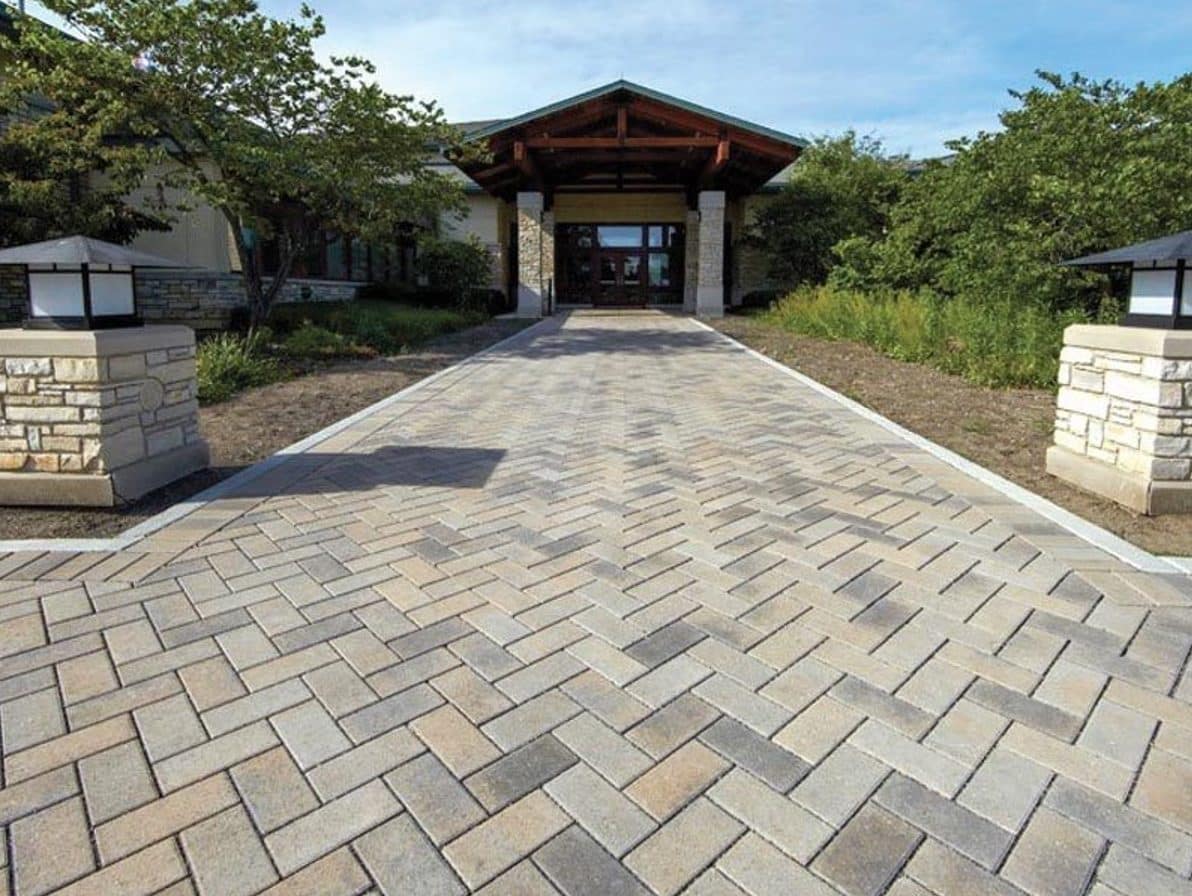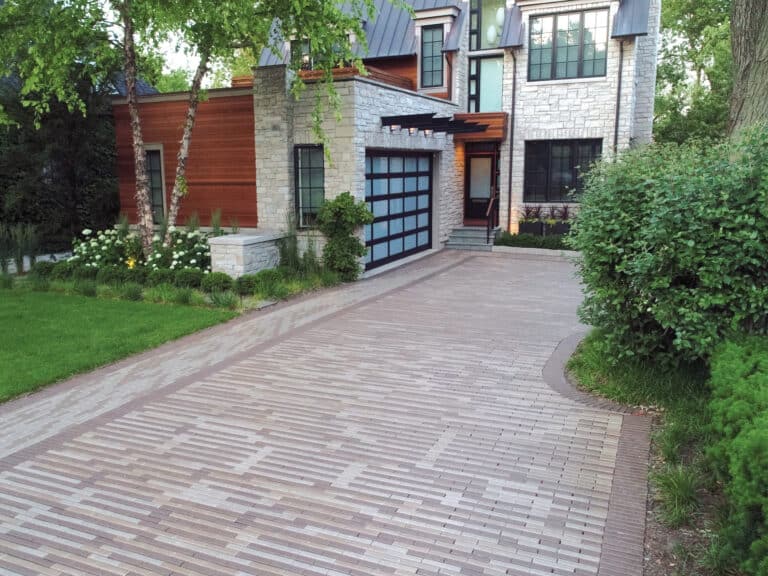Permeable pavers offer numerous advantages for homeowners looking to upgrade their property with a sustainable and eco-friendly hardscape solution. Whether used for driveways, patios, or other hardscape applications, permeable pavers can significantly enhance an outdoor living space by improving water management and reducing environmental impact.
How It Works
While the term “permeable pavers” might suggest that the pavers themselves allow water to pass through, this isn’t the case. The functionality lies in the system surrounding the pavers. The pavers are designed with small joints that let water flow between them, not directly through them. Beneath the pavers is a structured system of layered aggregates and crushed stone of varying sizes. This base layer serves as a reservoir, capturing the water as it flows through the joints.
As rainwater enters the joints, it drains into the underlying aggregate base rather than pooling on the surface. This drainage method allows for more efficient stormwater management and prevents common issues like flooding and erosion. Additionally, this system helps to filter pollutants from the water as it seeps through, enhancing water quality. In areas prone to heavy rainfall, permeable pavers can mitigate the risk of flooding by redirecting excess water into the ground rather than overwhelming storm drains.
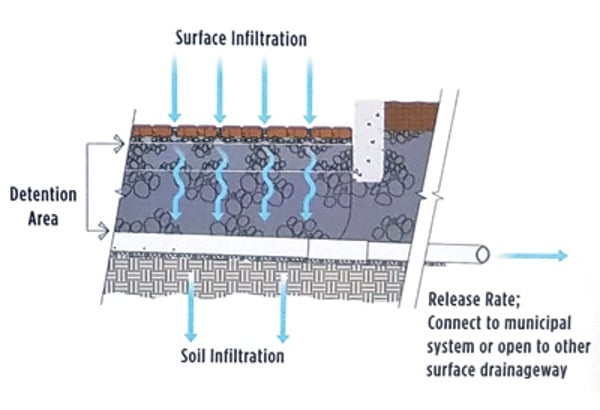
Environmentally Friendly
Permeable pavers reduce stormwater runoff and improve water quality. With permeable concrete pavers, any rain that falls on your patio, walkway, or driveway seeps back into the ground, reducing the burden on storm drains. A paver system can even be designed to harvest and recycle rainwater.
Instead of asphalt or poured concrete, consider concrete permeable pavers for your driveway.



